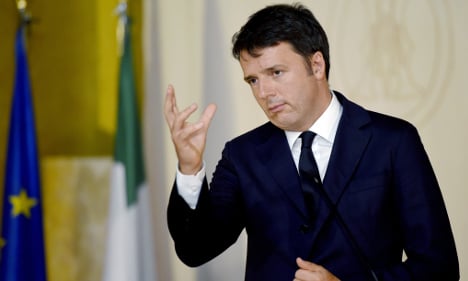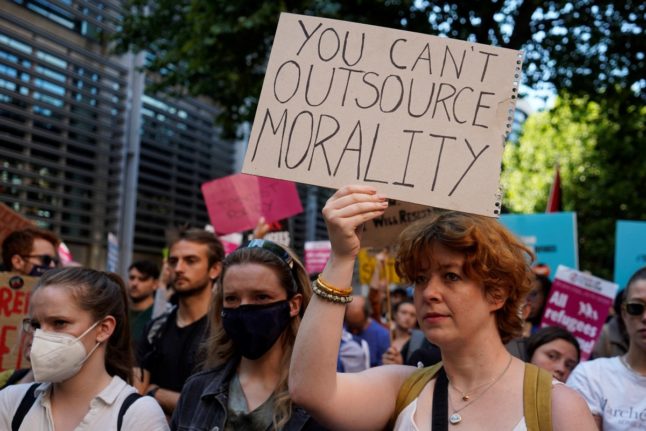Renzi, who became premier in February 2014, has staked his leadership on the outcome of the vote, which is due to be held in either October or November.
In that respect, many are comparing it to the UK’s referendum on leaving the EU, which was called by ex-British Prime Minister David Cameron. Cameron stepped down on June 24th, the day after the country voted to leave the bloc, immediately causing political and economic chaos.
Read more: Why Italy might be the next big threat to the EU's future
“I don’t believe it’s the same thing,” Renzi told Corriere columnist Beppe Severgnini, adding that the UK’s referendum “blamed the EU for everything that failed to happen”.
The Italian referendum is something else, he added.
The ''Yes' or 'No' referendum on which Renzi is betting his political future intends to bring about reforms that would streamline Italy's political system, which basically means getting laws passed quickly and stabilizing future governments.
The reforms are much-needed. But now the important decision has been left in the hands of Italians after parliament failed to reach the maximum support required to avoid sending it to a public vote.
The problem is, with many failing to grasp Italy's complex political systems, the vote could be a chance for people to simply say “Yes” or “No” to Renzi as the country's leader.
Renzi stepping down would undoubtedly pave the way for the eurosceptic Five Star Movement, the second-biggest party in parliament, to gather even more ground.
“For 30 years we’ve been saying that constitutional reforms are needed because we have the largest and most expensive parliament in the world, and I will do everything in my power to make sure the reforms law is voted on its merits,” Renzi said.
“I'm not afraid of the referendum, because you shouldn't be afraid of people expressing themselves.”
The referendum comes as the government tries to force through legislation which will dramatically reduce the size and influence of the upper house of parliament, or senate.
If the changes are passed, the number of senators will be slashed from 315 to a mere 100. Unlike today, the senators will not be directly elected, but hand-picked by the government from local councils across the country.



 Please whitelist us to continue reading.
Please whitelist us to continue reading.
Member comments